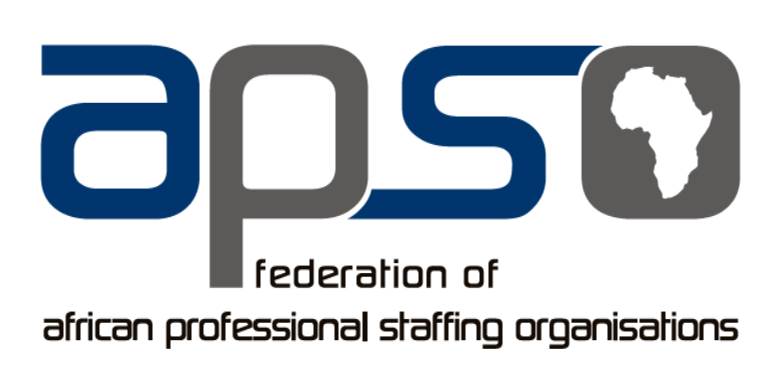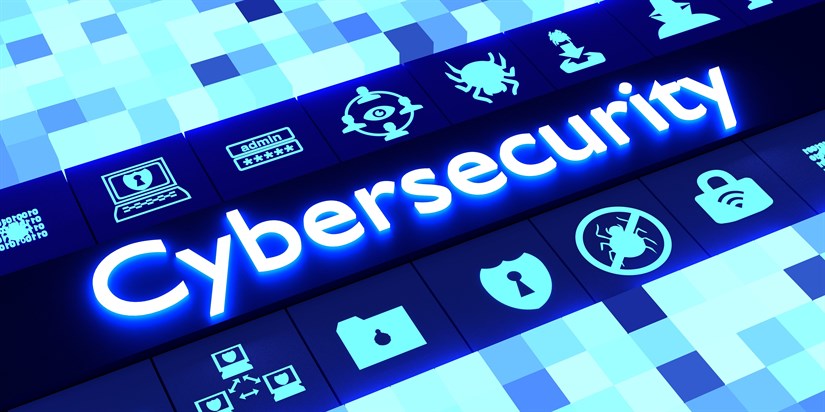CYBERCRIMES
The latest cybercrime statistics reveal that South Africa is ranked 6th among the world’s most affected countries. 70 (Seventy) % of South Africans had fallen victim to cybercrime and other risky behaviour, whilst 47 (Forty-seven) % of South African Smartphone users had experienced mobile cybercrime in the past 12 (Twelve) months, compared to 38 (Thirty-eight) % globally.
If cybercrime was a nation, it would have been the 27th biggest globally in terms of GDP and cost the global economy $445 (Four hundred and forty-five) billion a year. In South Africa, cyber-crime has an economic impact equal to 0.14 (.one four) % of the GDP- about R5.8 (Five. Eight) billion a year.
![]()
Our current Cyber Security Initiatives encompass the following:
- Cyber 365 (Awareness Training) and Vulnerability Scanning– [Effective since November 2021].

We further initiated the following in order to ensure optimum security: - Multifactor authentication (MFA)- [The roll-out commenced: December 2022]: This adds an additional layer of protection to the sign-in process. When accessing accounts or apps, our Employees provide additional identity verification, such as multiple- different passwords or entering an OTO code received by phone.
- DMARC, (which stands for Domain-based Message Authentication, Reporting, and Conformance)- [[The roll-out commenced: 13 January 2023]: This is an email authentication system that protects our organisation’s domains from spoofing, phishing, and other cyber-attacks. It builds on the widely deployed email verification techniques, which decrease fraudulent email delivery by over 99 (Ninety-nine) %.
- In addition to the above, we continuously assess our server- policies in association with Cyber Security risk assessments, with SOC Services (Security Operations Center) to follow- with the function to monitor, prevent, detect, investigate, and respond to cyber threats 24-7.









